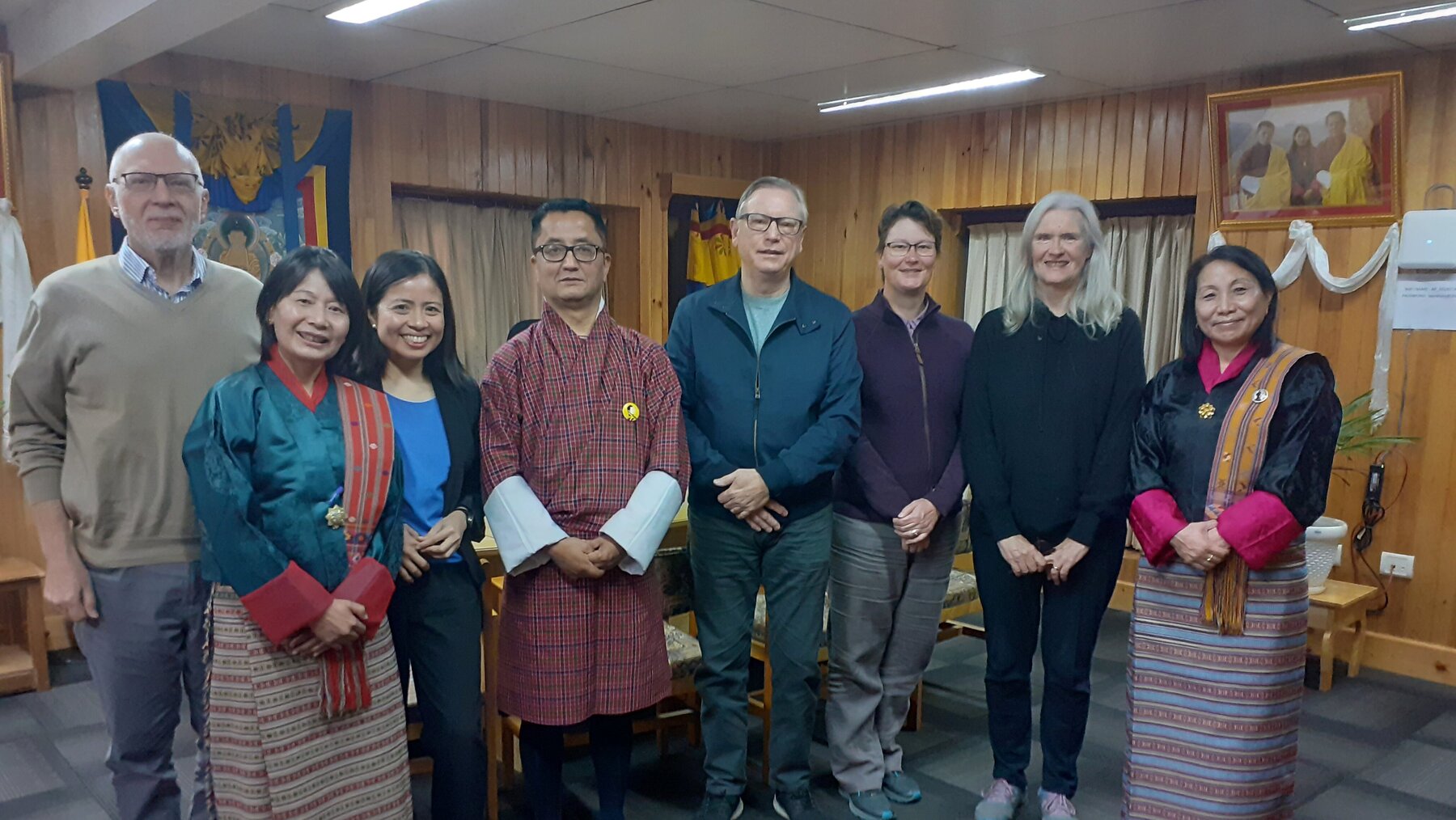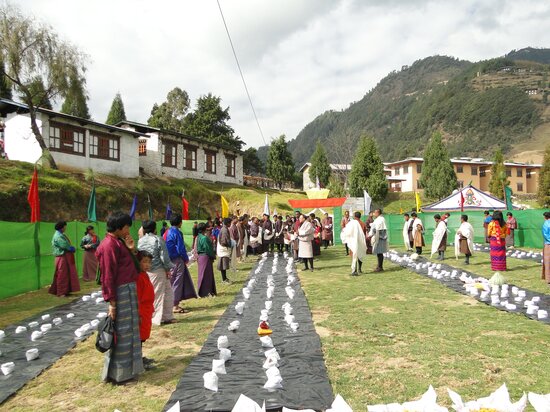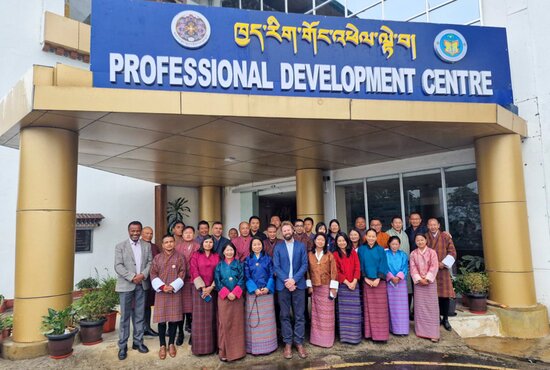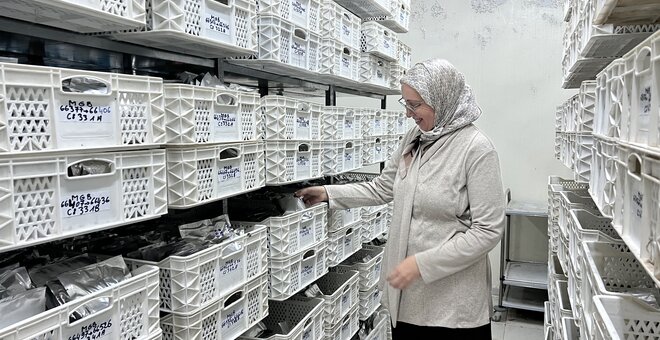Bhutan: National Plant Genebank
Location
Serbithang, Thimphu, Bhutan
Parent Organization
National Biodiversity Centre, Ministry of Agriculture and Forests
Mission
- Assess, document and status reporting of plant genetic resources for food and agriculture
- Coordinate and implement on-farm conservation and sustainable use programs of plant genetic resources for food and agriculture
- Serve as the national repository for plant genetic resources for food and agriculture (PGRFA)
- Develop policies and strategies for effective conservation and sustainable use of PGRFA
- Develop protocols linking in situ and ex situ PGRFA conservation programs
- Coordinate and implement targeted interventions for prioritized PGRFA
- Conduct research and studies on PGRFA diversity to generate the required information
- Provide germplasm and associated information for breeding and utilization
- Promote public awareness on the importance of PGRFA for food and nutrition security
- Promote regional and international linkages for technology transfer and effective conservation and management of PGRFA.
Date Established
2005
Number of Samples Conserved
3,500 (as at October 2023)
Main Crops Conserved
- Cereals
- Legumes
- Oilseeds
- Vegetables
- Forages
Background
The National Plant Genebank (NPG) was established in 2005 through funding support from the Government of the Netherlands. However, on-farm conservation of PGR started in 2001 under the Biodiversity Use and Conservation Asia Program, funded by the Norwegian Development Fund through regional coordination by South East Asia Regional Initiatives for Community Empowerment (SEARICE).
The NPG:
- Distributes some 600 seed samples a year to requestors in Bhutan
- Has inventoried on-farm crop diversity across 20% of the country
- Has established 40 on-farm conservation sites
- Has established 3 community seedbanks
- Conducts seed fairs/biodiversity fairs to raise awareness of importance of local crop diversity
- Contributed to the Biodiversity Act of Bhutan 2022
- Contributed in the formulation of the Access and Benefit Sharing Policy of Bhutan 2014
- Contributed in the formulation of the Food and Nutrition Security Policy of Bhutan 2014, revised 2023
The Collection
The NPG has been focusing on plants producing orthodox seed that can be dried and stored at low temperature. The samples are managed according to international standards and stored in freezers at −20° C. The whole collection is safety duplicated at the Agricultural Research and Development Centre at Wengkhar, Bhutan.
Rice and maize account for nearly half of all seed samples conserved at the NPG, although the genebank holds samples of more than 30 crops. Bhutan has a wide range of agro-ecological zones, ranging from wet subtropical to Alpine and this is reflected in very high levels of agrobiodiversity.
Stories about Bhutan
Support for National Genebanks Underway
Seeds maintained in genebanks worldwide are the foundation of our future food and nutrition security.
16 Jun 2022




